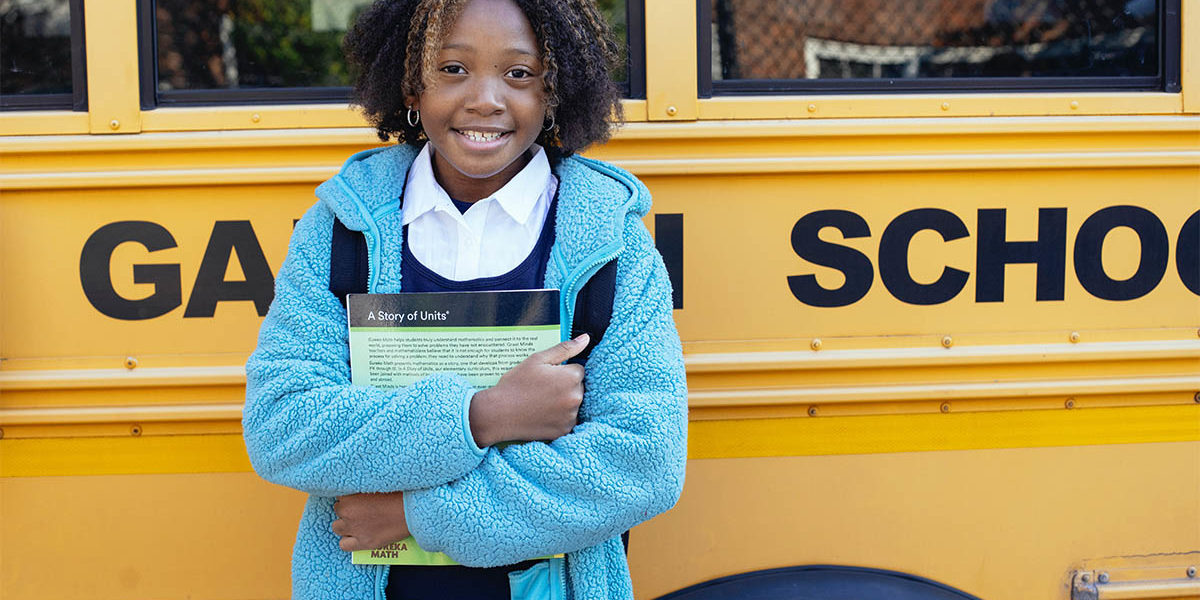The writer gets the ideas for her articles from varying sources. This article was inspired by a recent event. The names have been changed for privacy reasons.
Scenario 1
A student takes a private bus to school. She is dropped at an agreed location every morning by her parents and picked up at a similar location after school by them. One day, the regular bus driver is unable to pick up the children from school so he asks someone else to do so. The parents were made aware of this afterwards, when the bus was en route. This student is left at school because she was not in the designated spot and another student told the substitute bus driver that she was not coming. What are the expectations of the parents? Bus drivers? Students?
For many working parents, the idea of driving their children to and from school is too taxing because of where they live and/or work in relation to the school their children attend. Therefore, it makes economic and practical sense to outsource this responsibility to a private bus, carpooling, public bus etc.
In the above scenario, the student should have been at the designated spot and should not have relied on the bus driver or other students to make sure she was not left behind. Ultimately, it was her responsibility to be on time and in the right location for pick up.
The student, let’s call her Amy, then called her father and said that she had been left at school. Her father was understandably upset. Why? His expectations were not met. He would have expected his daughter to be on the bus and being dropped off at the agreed location after school. He now has to leave work, cancel her dance class and pick her up from school himself. This is disruptive to his day as well as his daughter’s.
The parents in this scenario are the customers and not the children. The parents have the expectation that their children will be transported to and from school safely and that they will be on time for school. The bus drivers’ expectation is to be paid at the beginning of the month in advance for the agreed fee to carry out this service.
Both parties will expect a cordial and respectful relationship in which if something goes wrong that the other party will be notified immediately. For example, if the child is not at the designated spot, the parent should be contacted to find out why the child is not present. Another child should not be given the responsibility of explaining the absence of the child, in this scenario Amy. Even if the class or student is asked by a teacher to stay after school, then the student ought to contact the bus driver directly or her parent so that an adult informs the bus driver of this change in the routine.
What are the expectations of the children? Their expectations would be similar to be driven to and from school safely by the bus driver hired to do so.
The bus driver may set reasonable rules of conduct on the bus, drop and pick up times but this has to be discussed ultimately with the parents and not just the children. Remember, the children are not the customers, the parents are. Why? The parents are over eighteen and are in a position to agree to the terms and conditions of such an agreement and the children are not. Further, the parents are paying the fees, not the children.
Therefore, any variation of the agreement must be discussed and agreed to by both parties. Agreements ought not be varied by one party without a discussion and agreement by the other. For example, if it was not discussed at the beginning of the arrangement how many children had to be present in order for the service to be provided, the parent will be given a new term or condition which is unlikely to be considered acceptable since it means that it will inconvenience the parent to be reliant on such a condition.
Good customer service is important in all businesses. When a private bus driver is hired to transport a child or children to and from school as in this scenario, there is a legitimate expectation that this will be done accordingly to the terms and conditions stipulated at the beginning of the agreement, and not in the duration of it.


